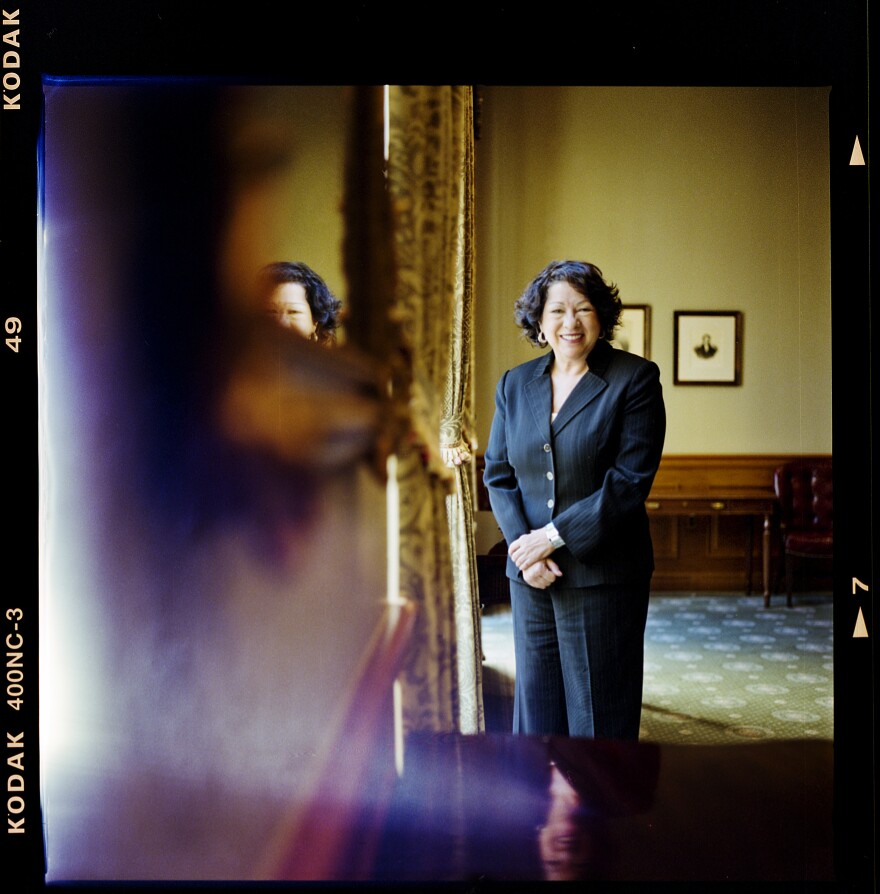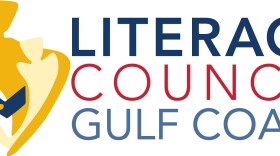Since her appointment to the Supreme Court in 2009, Sonia Sotomayor has stood out. The nation's first Latina justice is also its most extroverted; not only does she ask far more questions during oral arguments than her predecessor, David Souter, but she also has refused to indulge the court's pose of Olympian detachment. William Rehnquist never threw out the first pitch at Yankee Stadium, and I don't remember Antonin Scalia making an appearance on Sesame Street. If John Roberts knows how to salsa dance, he certainly hides it better than she does.
Her new memoir, My Beloved World, published simultaneously in English and Spanish, is classic Sotomayor: intelligent, gregarious and at times disarmingly personal. While the tone is mostly bright, Sotomayor doesn't shy from discussing her chronic diabetes and occasional bouts of unconsciousness, the death from AIDS of her cousin, her regret at not having children, her divorce or her nicotine addiction (she was once a three-pack-a-day smoker). The book ends just as she is appointed to the bench; readers hoping for insight into her jurisprudence won't find it here. What she offers instead is a portrait of an underprivileged but brilliant young woman who makes her way into the American elite and does her best to reform it from the inside.
Sotomayor was raised in a Spanish-speaking home in the housing projects of the Bronx. Her father, an alcoholic, died when she was 9. Her mother could be icy, but her commitment to education for Sonia and her brother was absolute — so much so that she bought them an Encyclopedia Britannica she could hardly afford. Much of Sotomayor's childhood was spent among her extended family, especially her adored grandmother, who was adept at conducting seances and frequently took young Sonia to buy live chickens at a favorite slaughterhouse. "All these years later," she writes, "an open market still stirs in me the urge to haggle the way I learned from Abuelita."
Her drive and discipline carry her first to newly co-ed Princeton, and then to Yale Law School, in New Haven, Conn., a city she found "depressed and threatening, no better than the South Bronx and a lot less lively." Sotomayor's most engaging writing comes in these chapters on higher education, when she reckons with the consequences of affirmative action and the social gaps that separated her from richer classmates. "I had been admitted to the Ivy League through a special door," the justice acknowledges. As a freshman at Princeton her writing skills are shaky ("my English was riddled with Spanish constructions and usage"). When a classmate mentions Alice in Wonderland, she responds, "Alice who?" While working a data-entry job as part of her scholarship, she finds herself inputting financial records for Princeton's legacy students. For a girl whose family didn't even have a bank account, "this was my first glimpse of trust funds; tax write-offs and loopholes; summer jobs at Daddy's firm that paid the equivalent of a year's tuition."
But unlike her benchmate and fellow Yale alum Clarence Thomas — who in his own memoir called himself "humiliated" by "the taint of racial preference" — Sotomayor insists that affirmative action rightly served "to create the conditions whereby students from disadvantaged backgrounds could be brought to the starting line of a race many were unaware was even being run." Affirmative action policies did not supplant hard work; they created the conditions for her hard work to be rewarded. And as she points out, a summa cum laude degree from Princeton, a spot on the Yale Law Journal and a job with Robert Morgenthau at the New York district attorney's office are not "given out like so many pats on the back to encourage mediocre students."
No one is going to confuse My Beloved World with Dreams from My Father, Barack Obama's polished memoir. This is not a book of self-discovery but one of hard-won — at times exhaustingly so — achievement. And Sotomayor's tone can sometimes irritate when she whips out facile homespun wisdom, such as "From a task as simple as boiling water, you can learn a worthwhile lesson."
What makes Sotomayor's book valuable is the view it offers into a critical moment in American history, when the doors of the country's elite institutions finally started to crack open. Sotomayor is a trailblazer, no question, and I certainly hope My Beloved World inspires readers to chase their dreams. But her memoir should remind us that hard work on its own isn't enough to take any of us to the top, and building a country that offers equal opportunity for all is the work of generations. At least there's one justice on the Supreme Court who understands that intimately.
Copyright 2023 NPR. To see more, visit https://www.npr.org.




